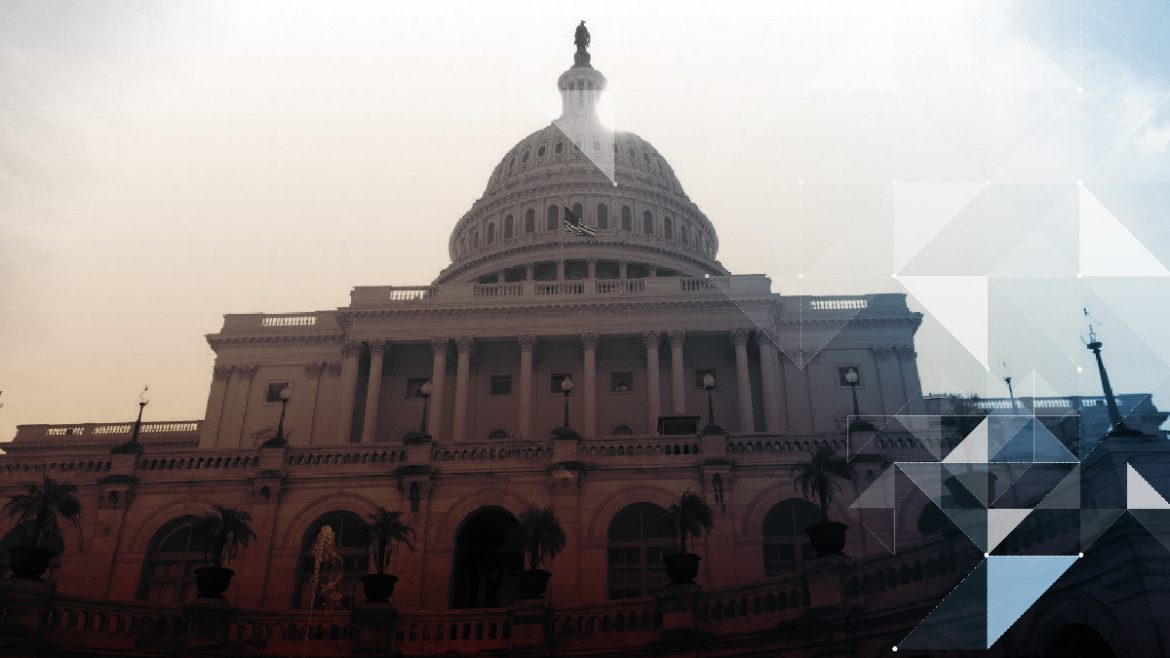Facebook executive David Marcus took a bit of heat on Tuesday at the first of two Congressional hearings slated for this week. Marcus, who heads the Libra project, is in Washington to answer questions regarding the social media giant’s planned foray into cryptocurrency.
Even before the official announcement for Libra, lawmakers have been trying to wrap their heads around the project. They sent a letter requesting clarification about the project early on, but even before they received it there were several that immediately began speaking out against the project simply because it is Facebook. With a lack of general knowledge about blockchain and/or cryptocurrency and the decentralized nature of altcoins along with Washington’s dislike of Zuckerberg and Facebook, many of them are quickly getting spun into a tizzy.
In Marcus’s opening statement, he said “I expect that this will be the broadest, most extensive and most careful pre-launch oversight by regulators and central banks in FinTech’s history.”
However, the senior member of the Senate Banking Committee, Senator Sherrod Brown, quickly voiced his view when he slammed Facebook by saying that they are “helping to undermine our democracy. Now they’re expecting us to trust them with our paychecks.”
Brown has been a very vocal critic of Facebook’s plans for Libra, going as far last week to say that it could pose a “threat to our democracy” and that allowing them to “position themselves to influence monetary policy would be a huge mistake.”
In the spotlight today, Marcus acknowledged Facebook’s past mistakes but argued that with blockchain technology, Libra’s design will inherently protect users’ money and data and will actually benefit society with increased financial inclusion. However, Senator Brown shot back with, “I think that’s delusional.”
Of course plenty of lawmakers had questions for the Facebook exec, and there were several tense exchanges. However, Marcus stayed on point in his attempts to convey the potential benefits of the planned digital currency’s potential and the company’s willingness to work with regulators on Libra’s implementation.
When asked about Libra’s governance board, the Libra Association, being based in Switzerland, Marcus was quick to point out that “The decision to locate in Switzerland was not an attempt to evade regulation or responsibility in the US.” He went on to say that with the worldwide use of cryptocurrency, the thought was that Libra “would benefit from being headquartered in an international place that is the home to many international organizations.”
It wasn’t all harsh for Marcus though. The Republican Senator from Pennsylvania, Pat Toomey, said that he thinks it is “wildly premature for us to come to the conclusion that we have to act now to prevent what could be a very constructive innovation in financial services. He also said that he thinks “there are tremendous potential benefits in blockchain technologies and cryptocurrencies” and that “we should be exploring this, and considering the benefits as well as the risks.”
There were several committee members that agreed that is important that the US lead the way in developing a framework for managing cryptocurrencies as well as future fintech innovations. Committee Chairman Mike Crapo seemed intrigued by blockchain’s potential for identity protection and told Marcus that he would like to learn more.
The main message that Marcus repeated several times is that Libra “has no intention of competing with any sovereign currencies or entering the monetary policy arena.” However, he also attempted to make it clear that with the exception of certain limited circumstances, such as for fraud mitigation, Facebook will not even have access to user’s financial data. That will all be held and managed separately by Calibra, Libra’s crypto wallet.
From what I saw, admittedly I didn’t watch the entire thing, Marcus handled himself well and while he may not have changed any minds at this point, he may have at least started educating some of them. Blockchain technology does indeed have the potential to eradicate identity theft and fraud, but the question remains — do we really want Facebook in this arena?
Marcus will face more questioning from the House Financial Services Committee on Wednesday but it will likely be more of the same. Hopefully the head of Libra can at least get some of these politicians looking at the potential of projects like this as opposed to being outright opposed to anything with the word “crypto” in it.
Libra Congressional Hearings Day 1
previous post
